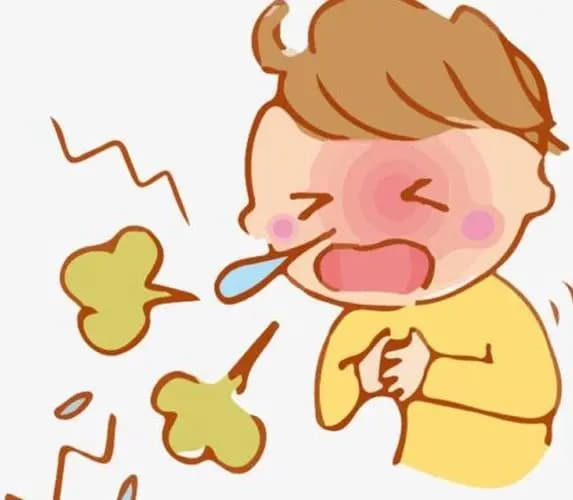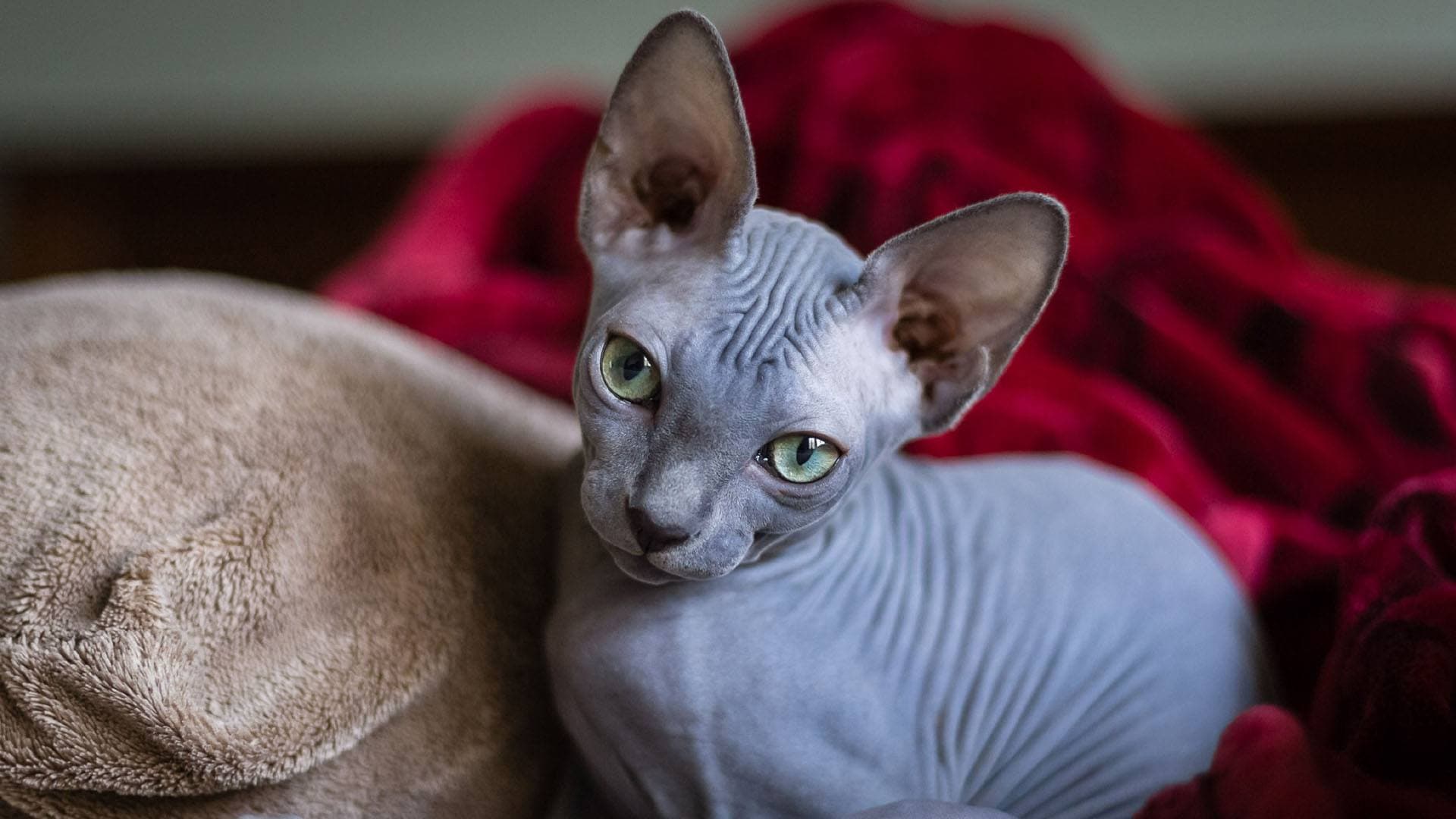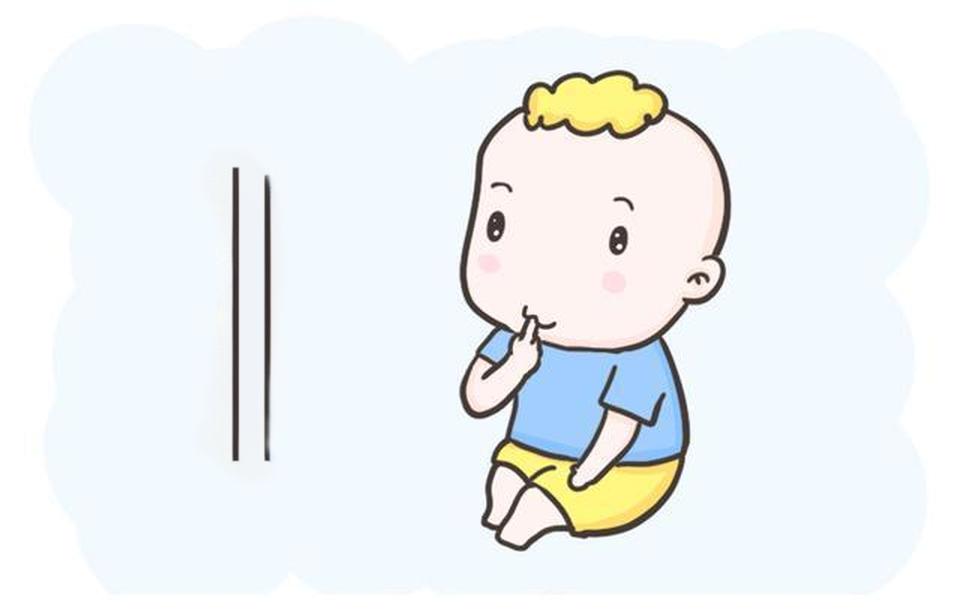As a parent, you sincerely want your child to have a peaceful and safe sleep. However, coughing at night is a problem that causes you no end of worry and distress. You worry about your child's health, you worry that the cough will lead to more serious illnesses, and you can't even sleep at night because of your child's illness. Let's take a look at how to fix your child's nighttime cough down the road.
Five possible causes for nighttime coughing
After a professional analysis, we have summarized the possible causes of nighttime coughing.
- Allergies: Children may experience nighttime coughing due to allergies to pollen, dust, or pets.
- Asthma: If your child has asthma, they may cough at night as a result of airway constriction caused by the disease.
- Gastroesophageal Reflux: When stomach acid irritates the esophagus, it can cause a cough. This is more common in children who are bottle-fed or those who eat before bed.
- Sinusitis: Inflammation of the sinuses can cause postnasal drip, which can lead to coughing at night.
- Upper Respiratory Infections: Children with upper respiratory infections may cough at night as a result of irritation in the throat or sinuses.
Four techniques for treating children's nighttime cough
Keep the Environment Hydrated
Maintaining adequate water intake and the judicious use of humidifiers can effectively reduce respiratory irritation due to dry air, thus helping to relieve nighttime coughing.
Remove Allergens
If your child is allergic to certain substances, try to remove them from the child's environment.
Common allergens in daily life include:
- Contact allergens: such as cold/hot air, UV rays, cosmetics, shampoo, detergent, hair dyes, soap, plastic products, metal accessories (watches, necklaces, rings, earrings), etc.
- Ingested allergens: such as milk, eggs, fish/shrimp, beef/lamb, seafood, animal fats, foreign proteins, alcohol, drugs, antibiotics, monosodium glutamate, spices such as garlic and ginger, as well as some vegetables and fruits.
- Inhaled allergens: such as pollen, willow catkins, dust, mites, animal dander, cooking fumes, vehicle exhaust, cigarette smoke, etc.
- Injected allergens: such as penicillin, streptomycin, foreign serum, etc.
Set a Regular Bedtime Routine
Establishing a regular bedtime helps your child to relax physically and mentally, reducing external stimuli and alleviating coughing symptoms. By maintaining a regular schedule, you can help your child adjust his or her biological clock and promote good quality sleep. Additionally, getting enough sleep will help your child's immune system recover and body repair, which will further alleviate cough symptoms.
Avoid Stimulating Food and Drinks
Avoid giving your child stimulating foods or drinks, such as caffeinated beverages or chocolates, as they can irritate your child's respiratory tract and aggravate coughing symptoms. In addition, these stimulating foods can affect your child's sleep quality, which is not conducive to recovery.
Remember that nighttime coughing can be caused by various factors, so it's important to consult with your child's healthcare provider to obtain a proper diagnosis and treatment plan. With these tips, you can help your child sleep soundly and safely at night, free from coughing discomforts.




